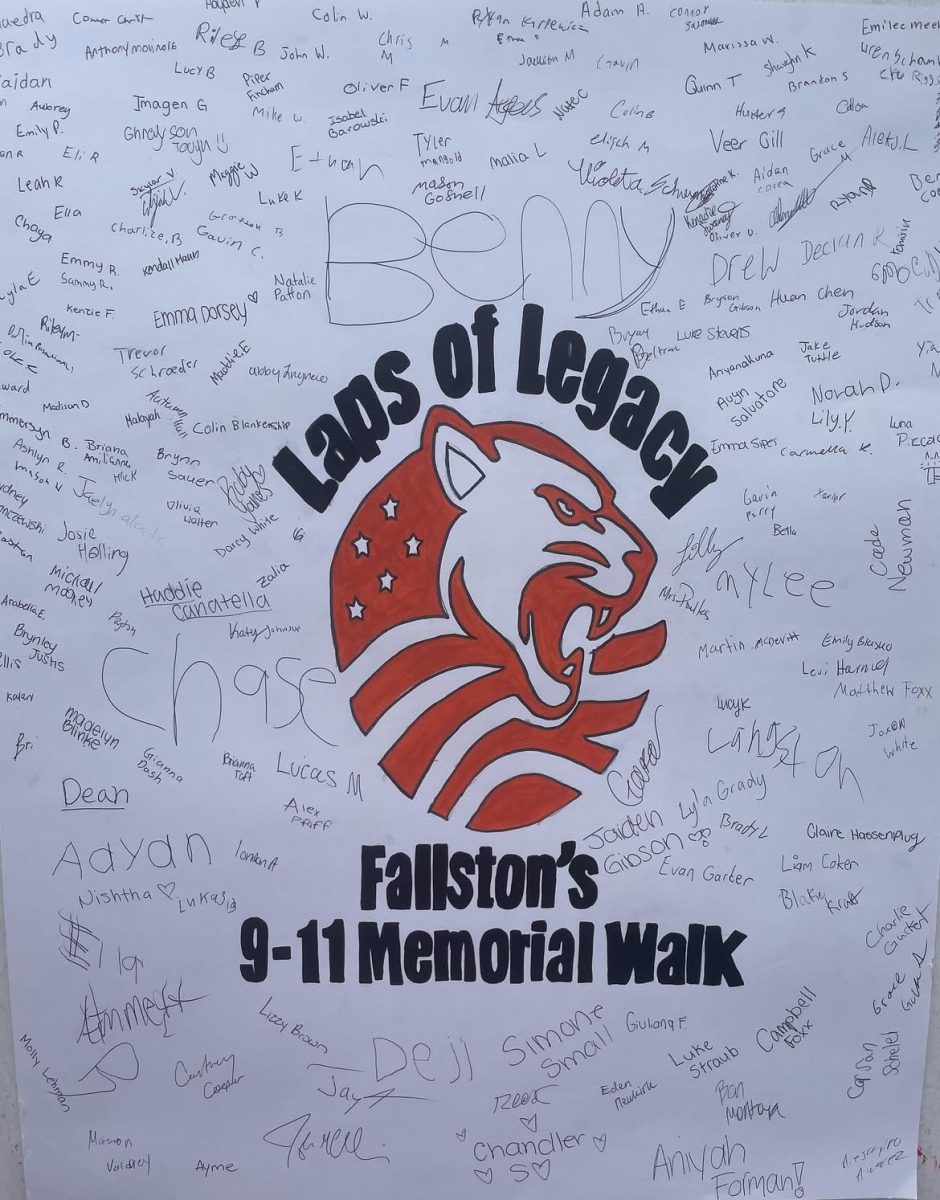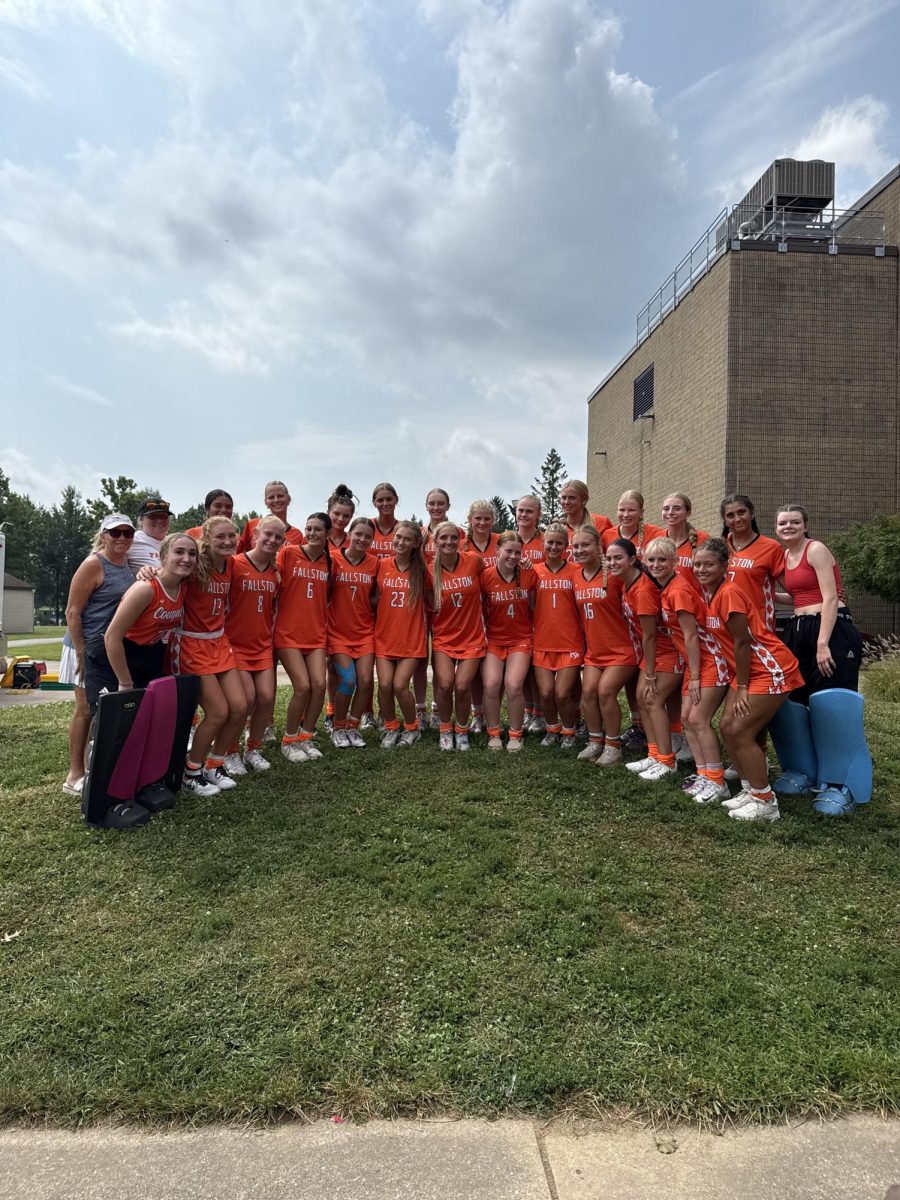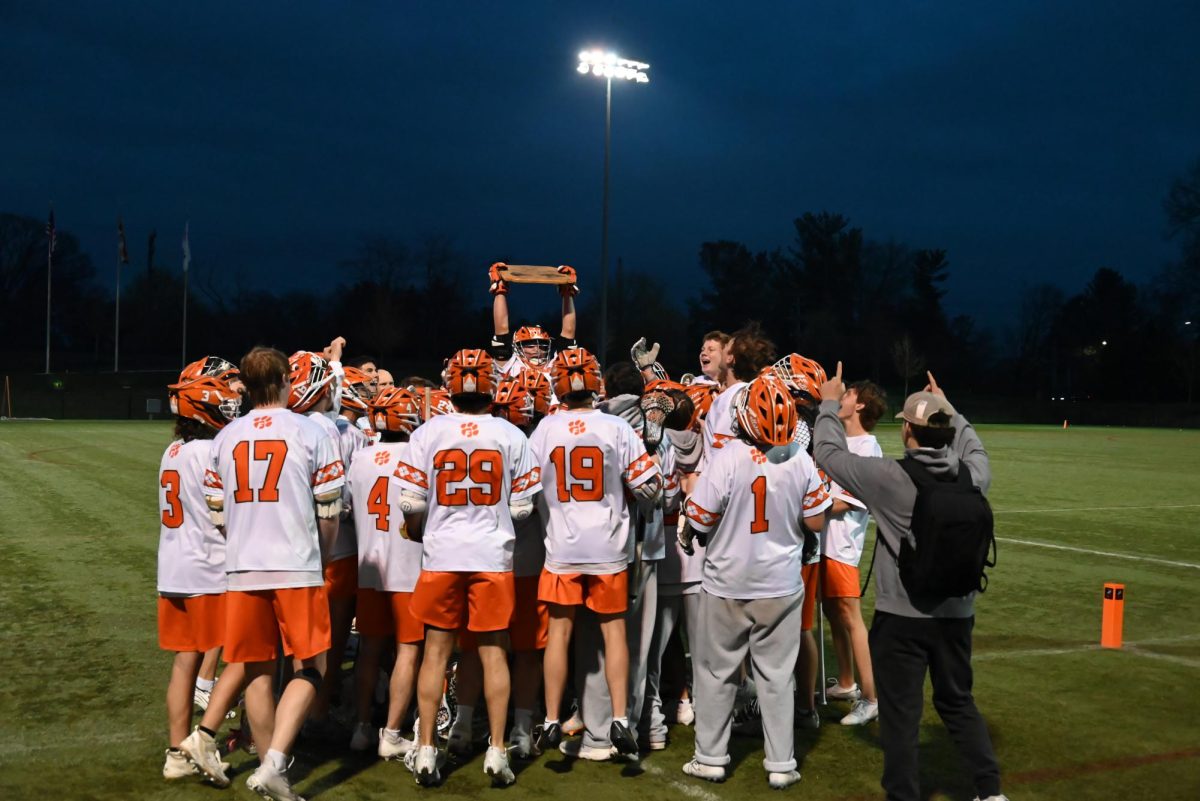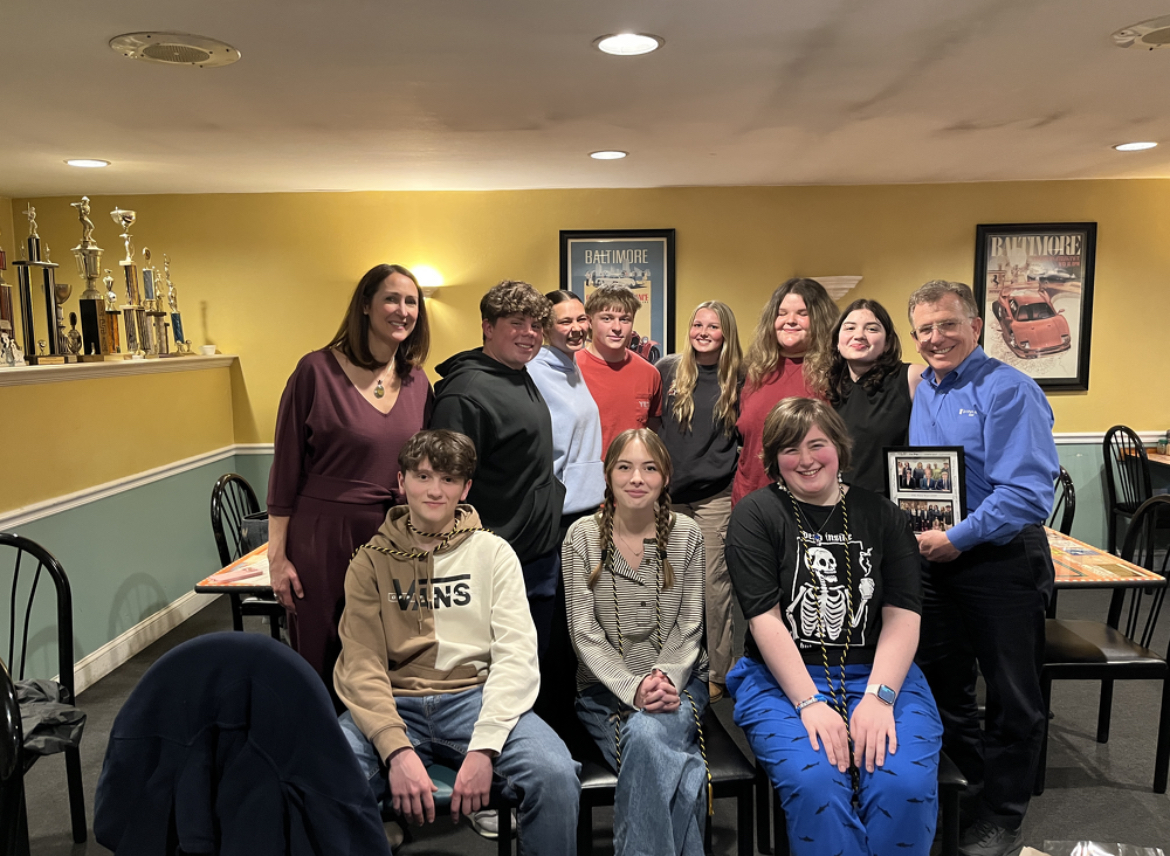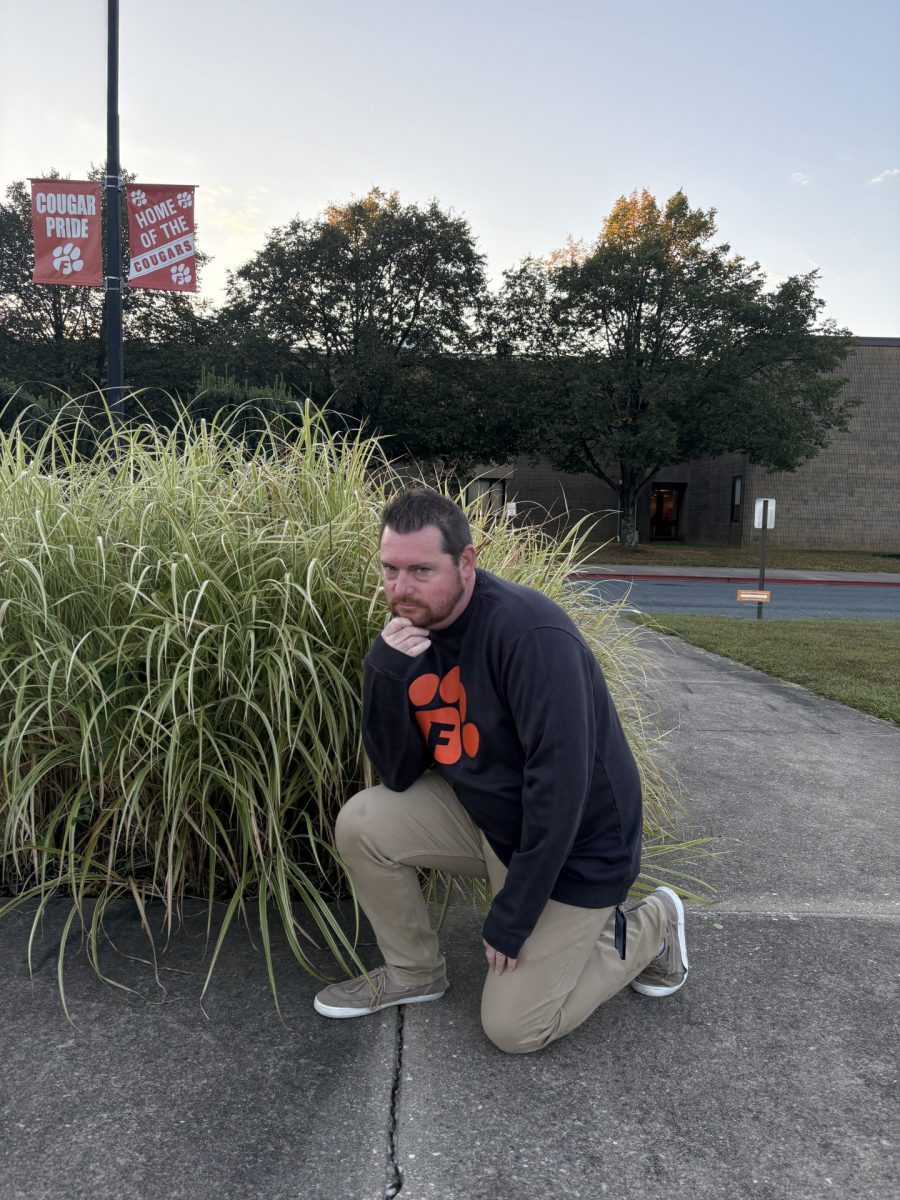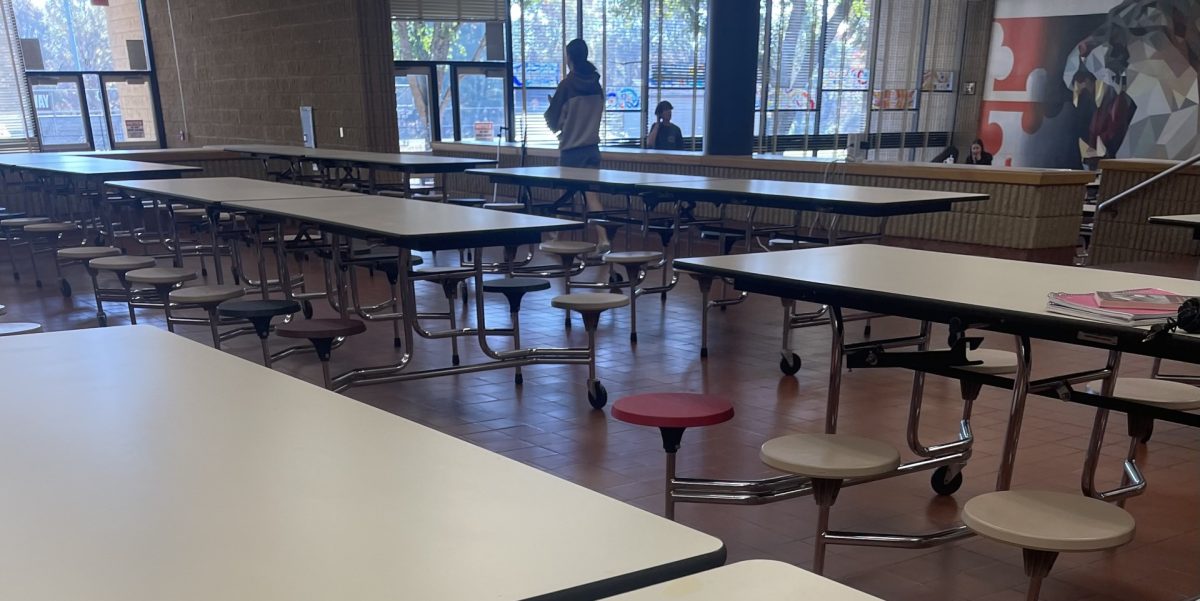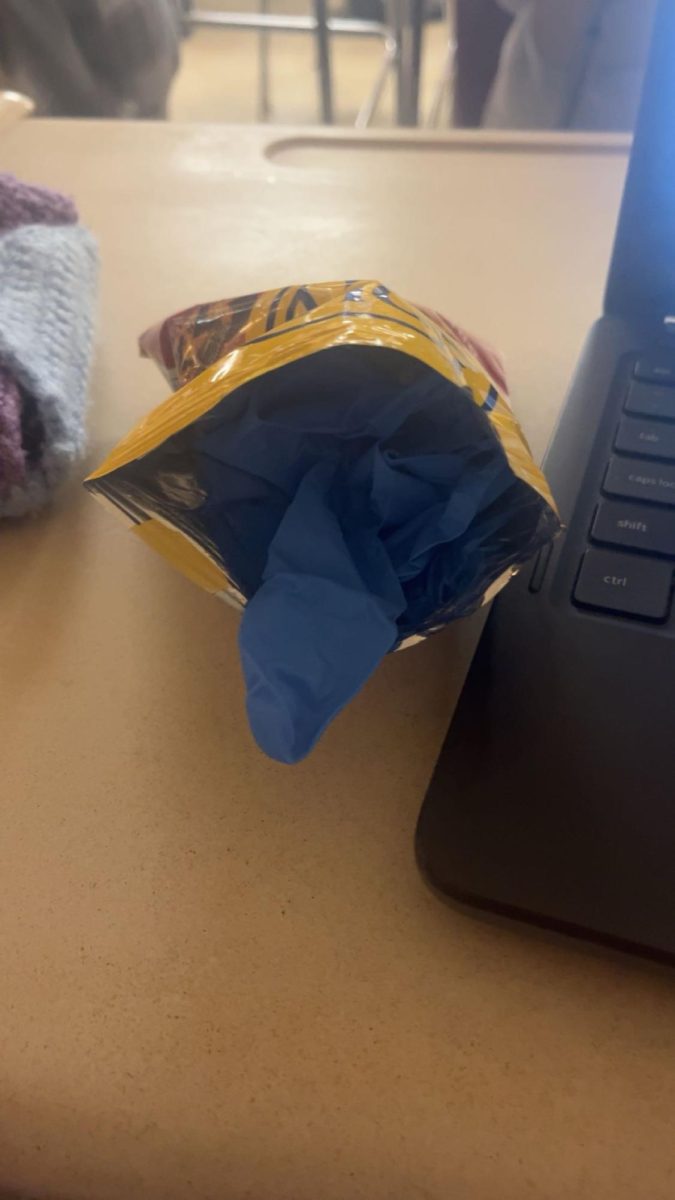On the morning of Saturday October 7th – as the Israelis wrapped up their Jewish festival, Sukkot – sirens could be heard echoing around the country.
Hamas, which is the elected leadership of Palestine, has a military faction dedicated to taking over the land from the Jordan River to the Mediterranean Sea. These militants’ stated goal is to annihilate Israel.
The whistle of incoming missiles is not uncommon for the region, but the full-scale surprise invasion from the air, sea, and ground that followed caught the Israelis off guard. It was the largest attack in decades, which some have called Israel’s 9/11.
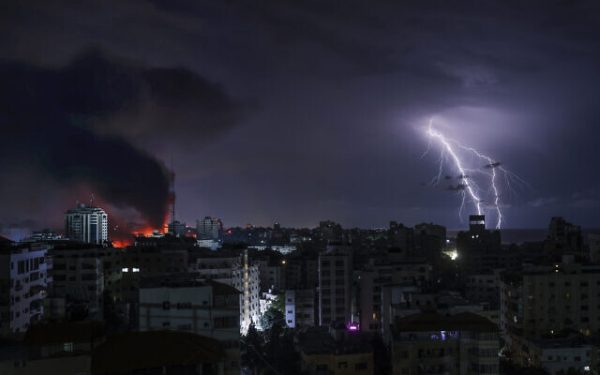
The Hamas militants’ first target was a musical festival that was advertised as “a celebration of friends, love, and infinite freedom.” Partygoers danced through the night at a rave attended by thousands of young people from all over the world until dawn when the missiles rained down. So far, authorities have counted 260 deaths from the festival alone.
Next came the attacks on Kibbutzims. A Kibbutz is a term specific to Israel that describes a community of self-sufficient farmers who share the labor and divide the money and property equally. These Kibbutzims are in Israel, but are located on the border with Gaza and separated only by a fence. Most homes on a Kibbutz have safe rooms where residents can hide when sirens blare. These safe rooms, made from concrete, often double as bedrooms for the children. Unfortunately, they couldn’t offer enough protection from the invading militants and their machine gun assault. The militants set fire to the land, ransacked homes, and mutilated bodies.
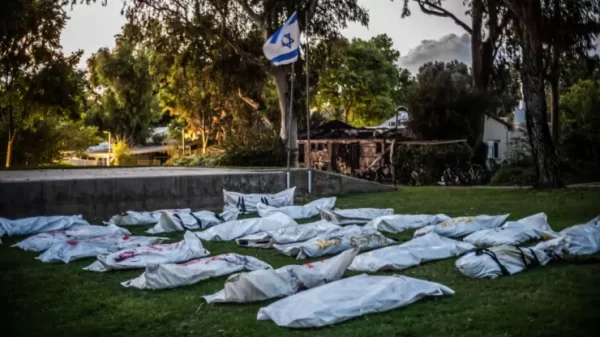
Hamas attacked as many as twenty-two locations on the 7th and took an estimated 1200 lives and abducted an additional 150 people, prompting Prime Minister Benjamin Netanyahu to declare “We are at War,” in a publicized address.
Many Americans awoke to this news and a plethora of horrifying images. But this was just the start.
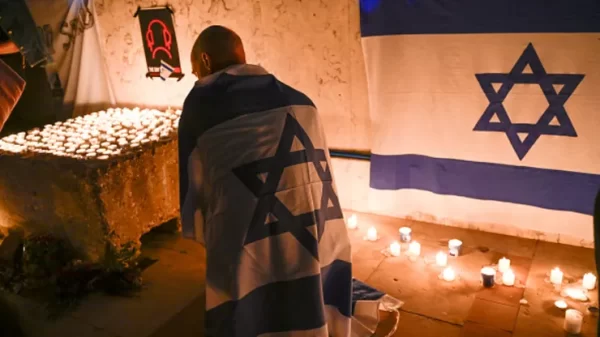
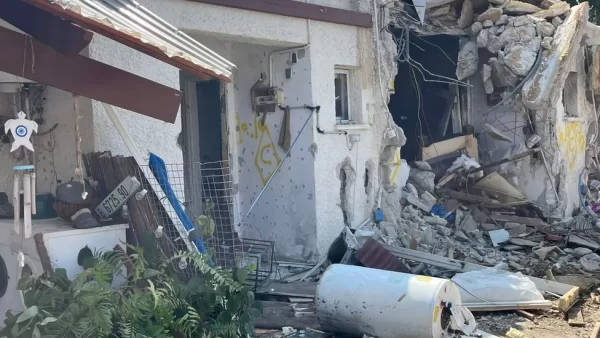
Israel immediately began to respond with “Operation Swords of Iron,” but it wasn’t until Monday October 9th, two days later, that the Israel Defense Forces (IDF) announced it had retaken control of all Israeli communities in Gaza’s vicinity and on its southern border. This lethal retaliation left 1,055 people dead. Israel was not prepared for a fight of this magnitude and wasn’t expecting street battles let alone a full-blown invasion.
However, there has been a cycle of violence between these two countries since 1948 during the Arab-Israeli war.
The IDF told civilians in Gaza to leave their homes for their own safety as the war continues to progress. At this point, all interactions between Palestine and Israel have been shut down. Yoav Gallant, Israeli Minister of Defense, said he ordered a “complete siege on Gaza.” He continued, “No electricity, no food, no fuel. Everything closed.” This sets the stage for a potential ground incursion into the enclave.
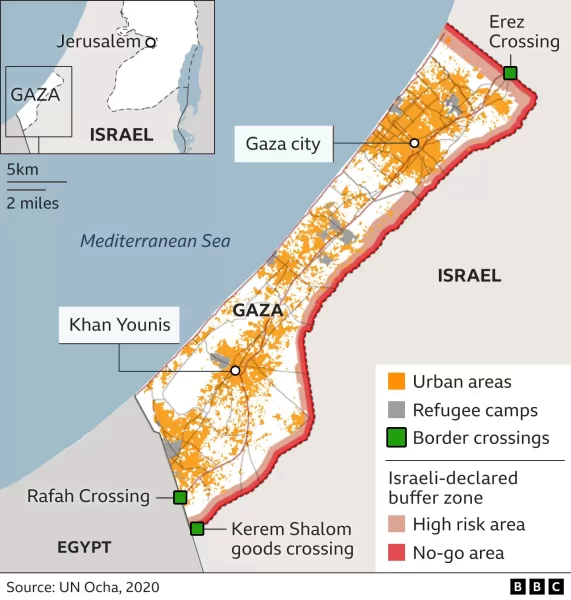
_Hamas’ operation was carried out with precision, and many speculate that the group received help from abroad, which if proven, might make this a wider regional war. Israel is in danger because, of their immediate neighbors, they are only at peace with Jordan and Egypt. In fact, before Palestine’s attack, Israel was already fighting off troops from Lebanon and Syria.
The Lebanese militant group Hezbollah, which is funded by Iran, has even praised Hamas’ attack. “Of course, Iran is in the picture,” said one U.S. official. “They’ve provided support for years to Hamas and Hezbollah.”
In the meantime, the U.S. has sent a carrier strike group to the eastern Mediterranean Sea, according to Defense Secretary Lloyd Austin. The U.S. also sent fighter jets to the middle east to deter Iranian aggression and prevent the war from expanding beyond the Israeli borders.
The U.S. State Secretary Antony Blinken is scheduled to arrive in Israel today (October 12th) and will meet with the Prime Minister to discuss the possibility of a humanitarian corridor along the Gaza Strip.
“The President deployed…the world’s largest aircraft carrier group, to the region to make very clear our intent to deter anyone contemplating any further aggression against Israel,” says Antony Blinken.
While John Kirby, White House National Security council spokesperson, says, “We don’t want to see this conflict widen or expand… We certainly don’t believe it’s in the Israeli Defense Force interest for there to be a second front, now that they’re going to have to fight and defend against Hamas.”
The Biden administration does not “want to see any group, any organization, or any nation state try to take advantage of the situation,” Kirby concludes.
Biden has stated that the attack by Hamas was “pure cruelty” and is arguably “the deadliest day for Jews since the Holocaust.”


